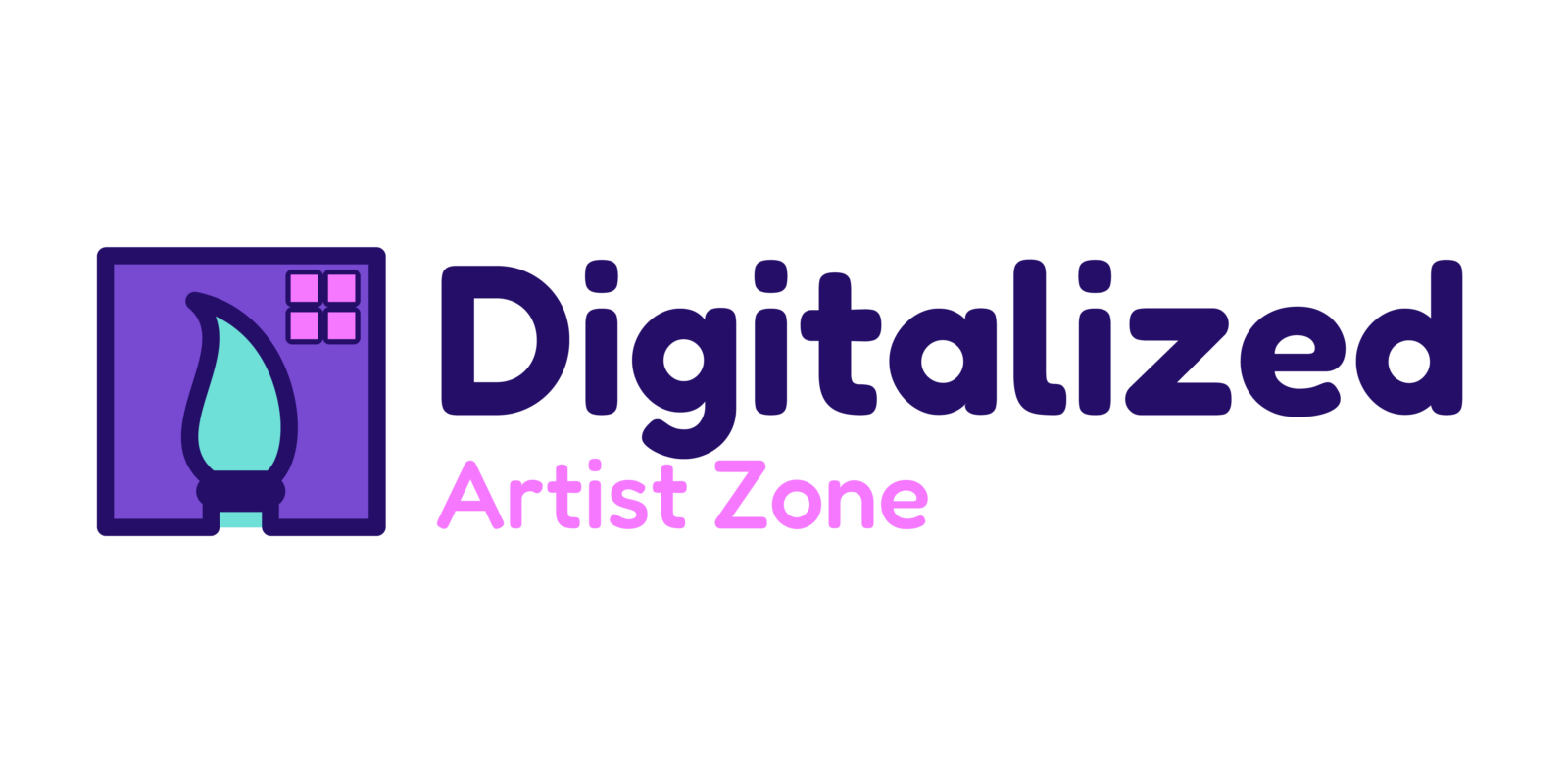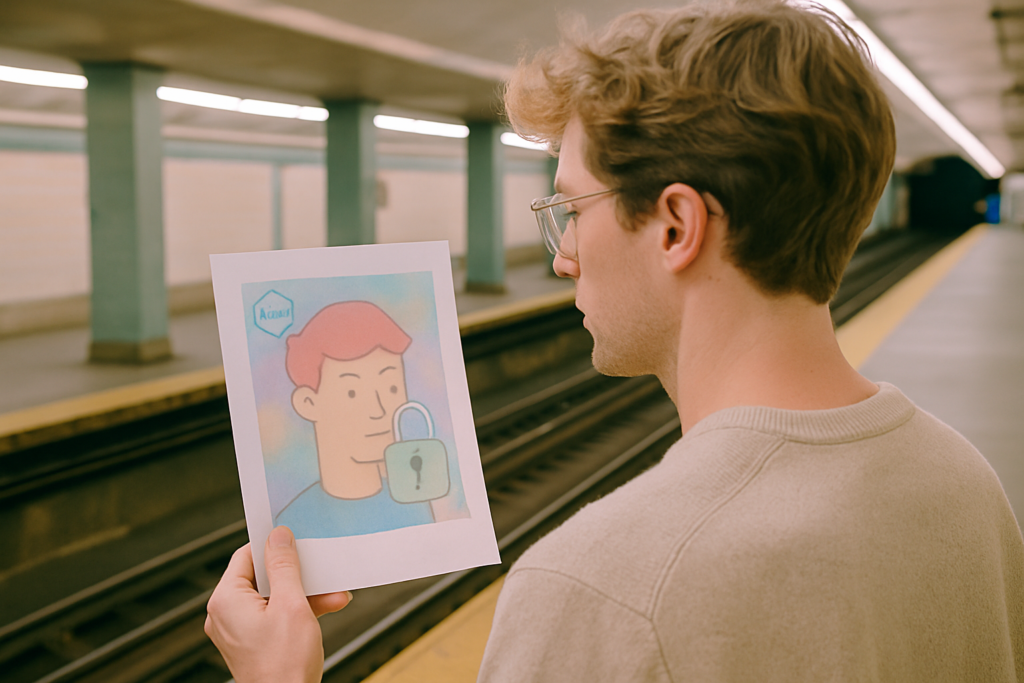Copyrights Still Count
Minting an NFT doesn’t give your artwork magical protection. You’re publishing it to a public blockchain, not locking it in a vault. If someone screenshots your image and resells it or uses it without your permission, the blockchain won’t stop them and the NFT itself won’t enforce your rights.
Your best bet? Understand that copyright is still your legal backbone. In most countries, you own the copyright the moment your original work is created. But if you want to enforce that ownership in court, registration helps. In the U.S., for instance, you can’t sue for infringement or claim damages unless your work is officially registered with the Copyright Office.
Even in decentralized environments, legal systems matter. Registering your work doesn’t interfere with blockchain principles it’s just an extra layer of protection in the real world. Think of it as covering your bases: the smart contract handles the distribution, while your copyright status holds up under legal challenge.
Bottom line: NFTs are a distribution tool. They don’t replace copyright law. Know your rights and take the extra step to own them, on chain and off.
Smart Contracts Aren’t Always Smart
A lot of people assume smart contracts are airtight. They’re not. While they’re great for automating transactions like triggering royalty payments when an NFT resells they’re only as good as the code written into them. And most of that code isn’t as flexible or comprehensive as people think.
For NFT artists, that matters. If you want resale royalties, specific usage rights, or creative limitations protected in the contract, you have to spell those out directly in the smart contract metadata. Assume nothing. Even then, what’s written into the blockchain doesn’t always carry legal weight in the real world. Not all jurisdictions recognize smart contract terms as enforceable, especially when disputes land in court.
And here’s the kicker: smart contracts can’t cover every edge case. They don’t easily update, they don’t handle ambiguity well, and they can’t think for you. If there’s a dispute, you’ll still need legal documentation outside the chain to back it up. So, use the tech but back it up with rock solid legal language too.
Licensing Clarity is Key
Just because someone buys your NFT doesn’t mean they can slap it on T shirts, print posters, or make a cartoon series out of it. Ownership of an NFT usually means control over a digital token not the full rights to the creative content attached to it. That distinction gets messy fast if you don’t spell things out.
Be super clear about what buyers are actually getting. Do they have the right to display it? Sure. Can they profit from it commercially? Only if you say so. Are they allowed to remix, animate, or reuse the image? Again, depends on the license.
You don’t need to bury it in legalese. A plain English licensing note in the metadata or sales page goes a long way: something like “You can display and resell this NFT, but commercial use is not allowed,” or “Full commercial rights granted after purchase.” The simpler and more direct, the lower the chance of a nasty surprise or legal mess later on.
If you’re not sure what to include, look into Creative Commons licenses or talk with an IP savvy attorney. Either way, don’t leave it vague. In an industry still figuring out its legal footing, clarity is leverage.
Know Your Marketplace Rules

When it comes to selling NFTs, not all platforms are created equal. Each marketplace has its own fine print around content rights, royalties, and intellectual property and some of it isn’t exactly artist friendly. Whether it’s OpenSea, Rarible, or a niche crypto art site, you’ve got to read the rules before you list.
Start with the basics: does the platform actually support artist royalties on resales and if so, are they enforced by smart contracts or just platform policy? Next, look at content terms. Some marketplaces reserve broad rights to use your work for marketing or promotional purposes. Others let artists retain full control.
DMCA claims and ownership disputes are another reality. Platforms vary in how they respond when someone uploads a copied piece or challenges your work. Some have structured takedown procedures. Others are still playing catch up, or worse, stay hands off. If protecting your work matters (and it should), stick to platforms that offer transparency and support in those situations.
Bottom line: choose a marketplace that respects your rights, lets you set clear licensing terms, and offers real support when things go wrong. This isn’t just about selling an NFT it’s about protecting your entire creative ecosystem.
Taxes Aren’t Optional
Whether you’ve minted one NFT or one thousand, Uncle Sam or your local tax authority wants a cut. NFT income is taxable, period. But how it’s taxed depends on where you live and how you earn. In the U.S., for example, artists who sell NFTs are typically hit with two types of taxes: capital gains when an asset appreciates and is sold, and self employment taxes if you’re considered an independent creator. If you’re in the EU, rules vary country to country, but most treat NFT revenue like digital asset sales or income from creative services. Asia’s tax treatment is evolving fast Japan and South Korea are tightening policies, while others are still building frameworks.
Recordkeeping is your safety net. Track dates, wallet addresses, amounts, and the type of transaction (minting, selling, receiving royalties). Time stamped crypto to fiat conversions are also key for calculating gains or losses. Don’t assume the blockchain handles this for you it doesn’t.
Once your NFT earnings start looking like a real income stream, it’s smart to speak with a tax advisor who understands crypto and digital collectibles. Many creators wait too long and end up scrambling come tax season. Pro tip: if you’re earning, you’re taxable and late advice won’t unring that bell.
Get Familiar with Fractional Ownership
Splitting your NFT into shares known as fractional ownership might seem like a smart way to bring in more buyers and increase liquidity. But as soon as multiple people own a piece of your digital asset, you’re not just selling art. You’re entering a more complex legal landscape.
First, you’re creating a shared ownership structure, which raises questions about who controls the underlying work, who can resell their fraction, and whether the original artist retains creative control. In most jurisdictions, fractional ownership can start to look a lot like a securities offering, which means you’d better know your local financial regulations or risk stepping into gray legal territory fast.
There’s also the question of resale. Can each owner flip their share independently, or do all parties need to agree on major sales? If these details aren’t nailed down in a smart contract or legal agreement, arguments (and lawsuits) are just waiting to happen.
Before offering fractional access to your NFT work, talk to a lawyer who understands both securities and IP law. Read the marketplace’s rules carefully. And make sure your smart contract spells out every term of ownership.
For a deeper look into risks and legal structures, check out this fractional ownership explained.
Country Laws Still Apply
Blockchain Isn’t a Legal Loophole
While blockchain technologies and NFTs are global in nature, the legal realities are still grounded in location. Just because something is minted or sold on the blockchain doesn’t mean it bypasses national or international law. Jurisdiction still matters, and misunderstanding that can expose artists to serious risks.
You may be subject to your local tax and copyright laws, even if your buyer is overseas
Contracts and disputes are often resolved based on where the parties are located
Courts can and do get involved in cross border digital disputes
Not All Regions Treat NFTs the Same
There’s no unified legal approach to NFTs around the world. Artists must understand how their rights and responsibilities shift depending on the market.
Key Differences by Region:
United States: NFTs may be subject to securities laws depending on how they’re structured. The IRS also treats some NFT income as taxable property or self employment income.
European Union: The EU leans heavily on stringent consumer and data protection laws. Artists may face unique requirements around digital goods, disclosures, and contract cancellations.
Asia: Jurisdictions like Japan and Singapore are actively regulating digital assets, particularly with an eye toward investment protection and anti money laundering.
Stay Ahead of Policy Changes
NFT legal frameworks are still emerging and changing fast. That’s why it’s critical for artists to stay informed about both local and global developments in digital policy.
Follow public policy updates and trusted legal blogs focused on digital art
Join creator centric NFT communities that share resources and alerts
Consider occasional consultations with digital IP legal specialists
Understanding your legal footing isn’t just about compliance it’s about confidence. Know where your digital footprint stands so you can create and sell with clarity.




